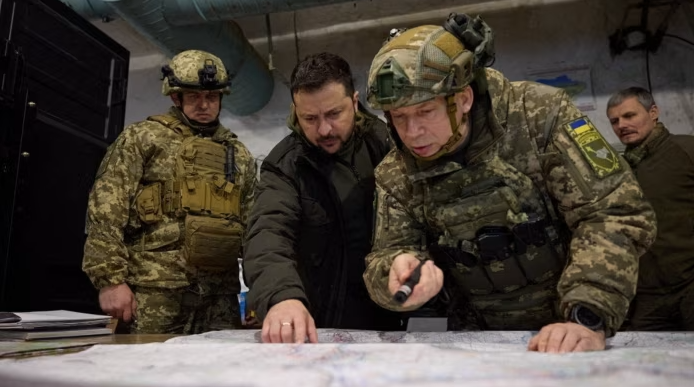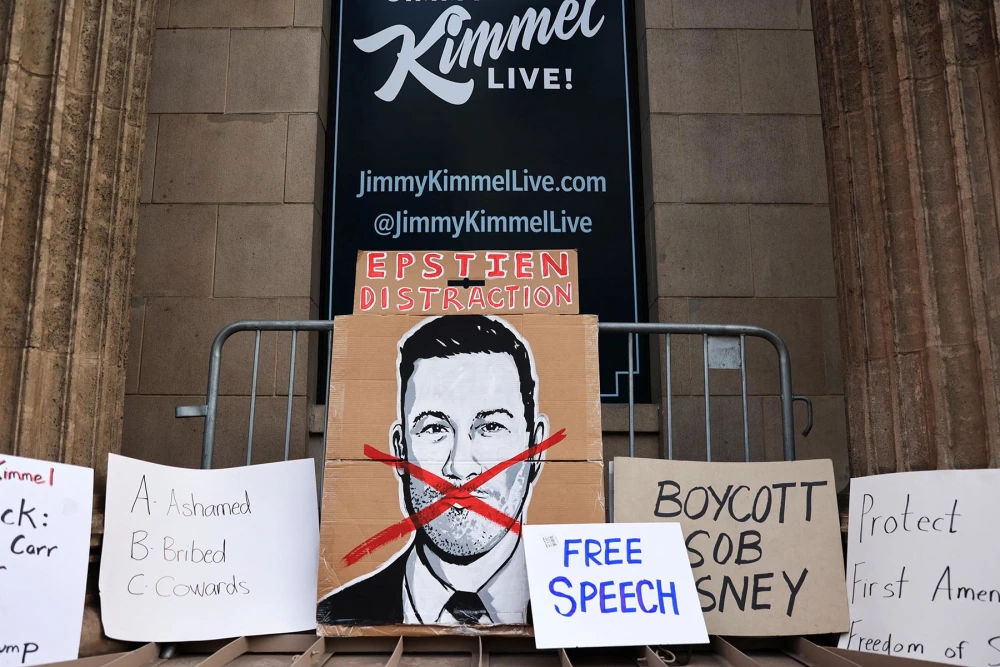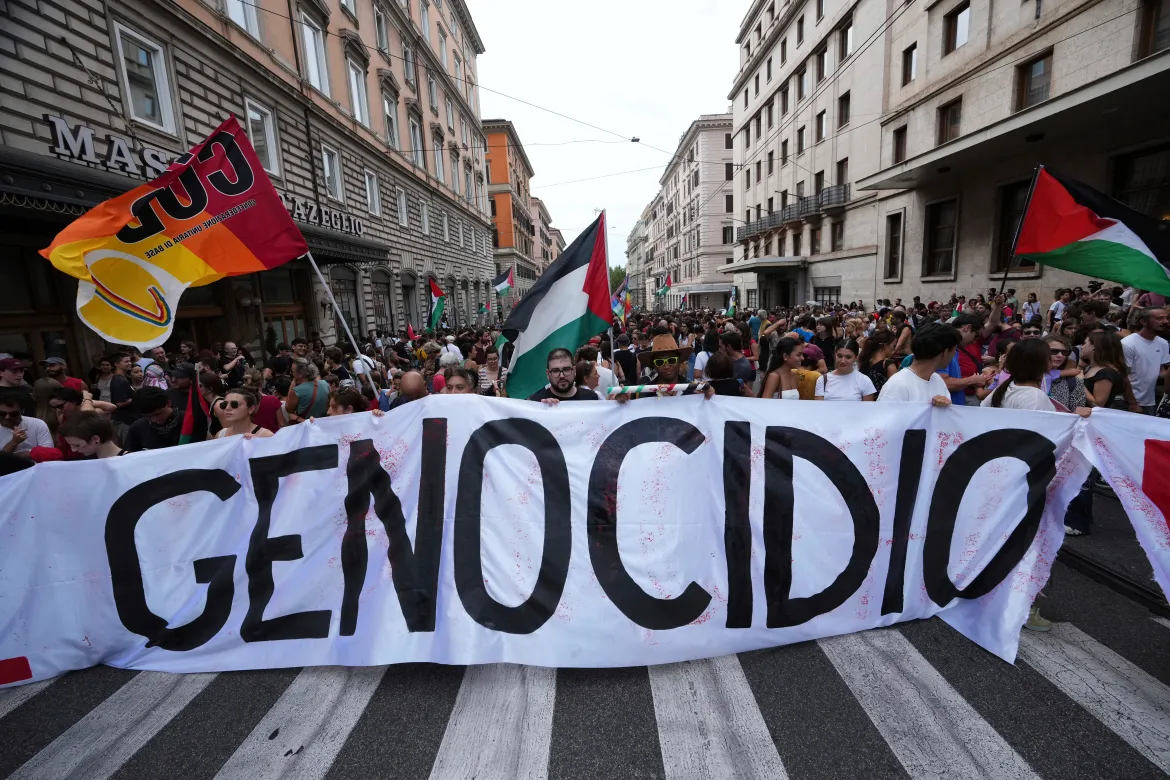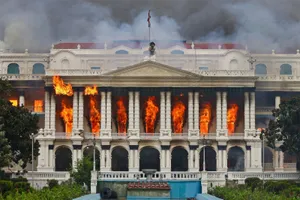While global attention has been fixated on the Israel-Palenstine conflict dominating press and social media, the ongoing Russian-Ukraine conflict continues to unfold. The conflict, which started in 2014 and escalated in early 2022, has been overshadowed by other world conflicts. As the situation continues to evolve, several key developments have emerged that offer insight into the complex and long-term battle.
Russia has added Ukrainian singer Susana Jamaldinova, the winner of the Eurovision contest, to its wanted list. She has been accused by Russian forces of spreading misinformation as she has been openly critical of Russia’s invasion.
Jamaldinova’s song, titled ‘1944,’ broke Eurovision rules by utilizing politically-charged lyrics. She was inspired by the forced deportation of Ukrainians by Russia in 1944. The song highlights the geopolitical tensions in Eastern Europe with an artistic edge.
Russian news channels have accused Jamaldinova of posting false information about atrocities that took place in Bucha, a town outside Kyiv. Russia has denied responsibility for the events that happened in Bucha, although primary sources have described the event in grueling detail.
On Nov. 20, U.S. Secretary of Defense Lloyd Austin visited the U.S. embassy in Kyiv. His act of diplomacy was to show U.S. support for Ukraine despite concerns over dwindling U.S. funding and assistance.
On behalf of the Biden administration, Austin met with Zelensky and other high-ranking Ukrainian officials. While at the meeting, Austin emphasized the importance of Ukraine in a global context and further solidified U.S. involvement in supporting Ukraine.
“Our congressional members have valid questions, and we will answer, but I would point out that Ukraine matters. What happens here matters, not just to Ukraine but to the entire world,” Austin said.
Amid the heightened focus on the Israel-Palenstine conflict taking center stage, the U.S. aimed to reinforce its support for Ukraine amidst the global turmoil. Austin announced the Department of Defense will send $100 million of equipment to Kyiv. The release explains the package includes additional air defense capabilities, artillery ammunition and anti-tank weapons, along with several other resources.
“Without U.S. assistance, we can’t simply not stop the Russian invasion. We can’t survive,” Dmytro Lubinets, the Ukrainian parliament’s commissioner for human rights, said.
U.S. aid to Ukraine has surpassed $76 billion, more than double what the European Union has provided to the cause. The hefty financial commitment to Ukraine signifies a solidified alliance between the two countries and highlights the importance of Ukraine to the Biden administration.
Finland has decided to close its borders to Russia in an attempt to stop asylum seekers from entering. On Nov. 17, barriers were put up at four borders in south-east Finland.
Finland has accused Russia of aiding migrants without proper documents to cross the border. The closing of borders marks a change in bilateral relations between the two countries and reflects the geopolitical impact of the conflict on neighboring countries.
Despite these recent developments, the prospect of the conflict’s resolution soon remains bleak. Many experts predict an enduring and lengthy battle. Continued international attention and funding will be needed to address the challenges of a conflict that extends far beyond the borders of Ukraine.









